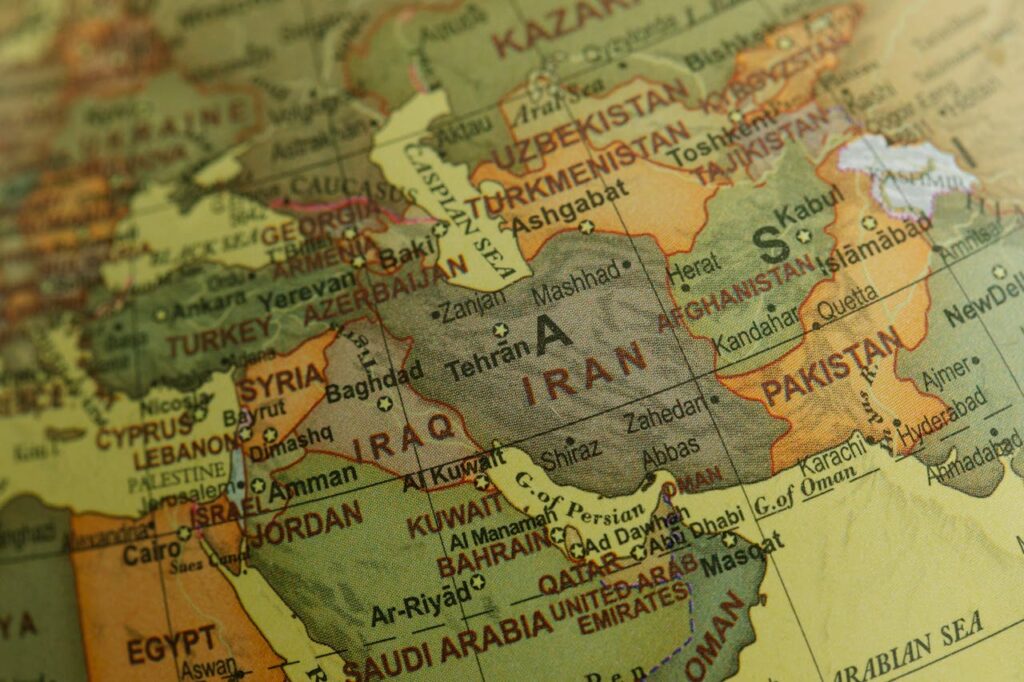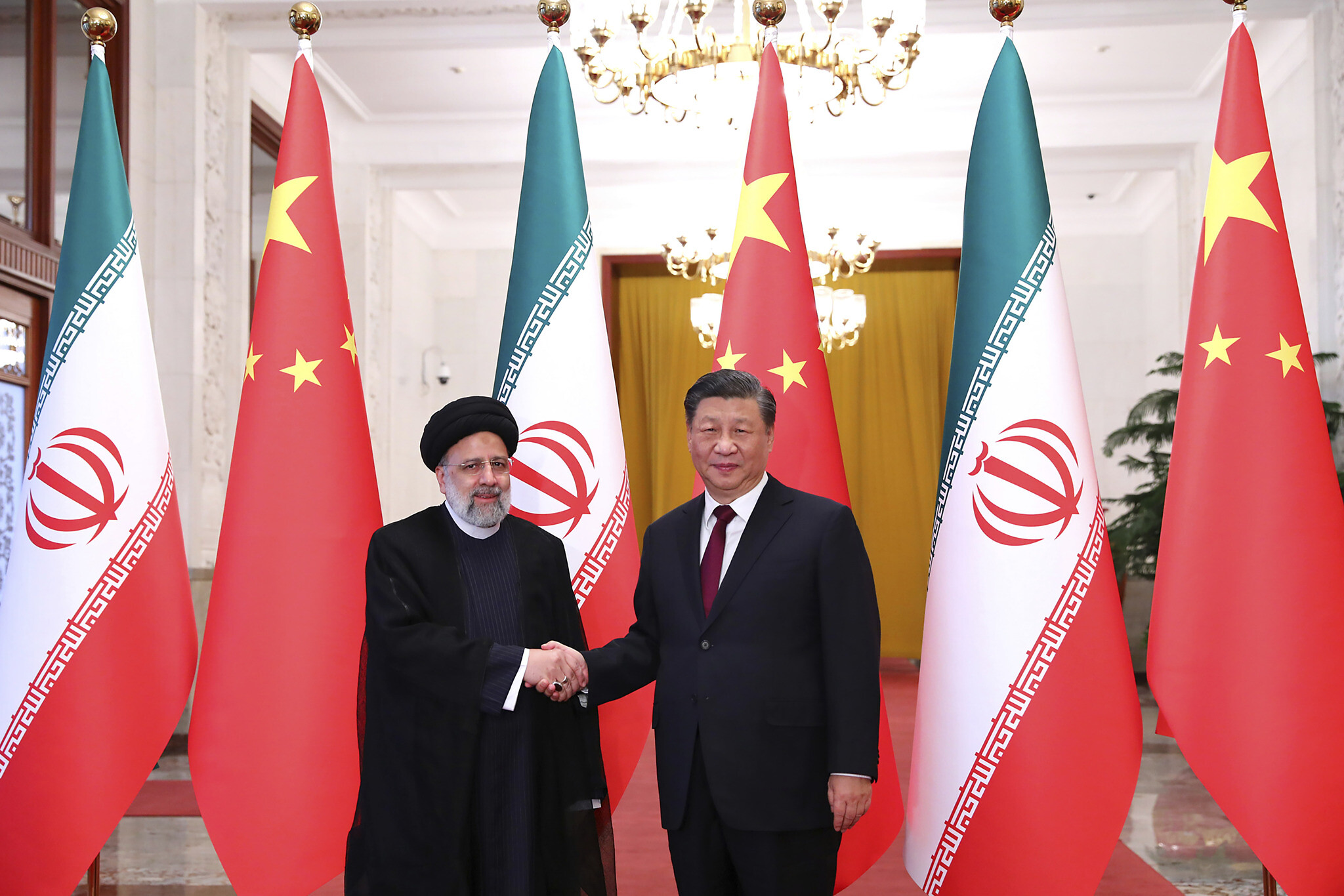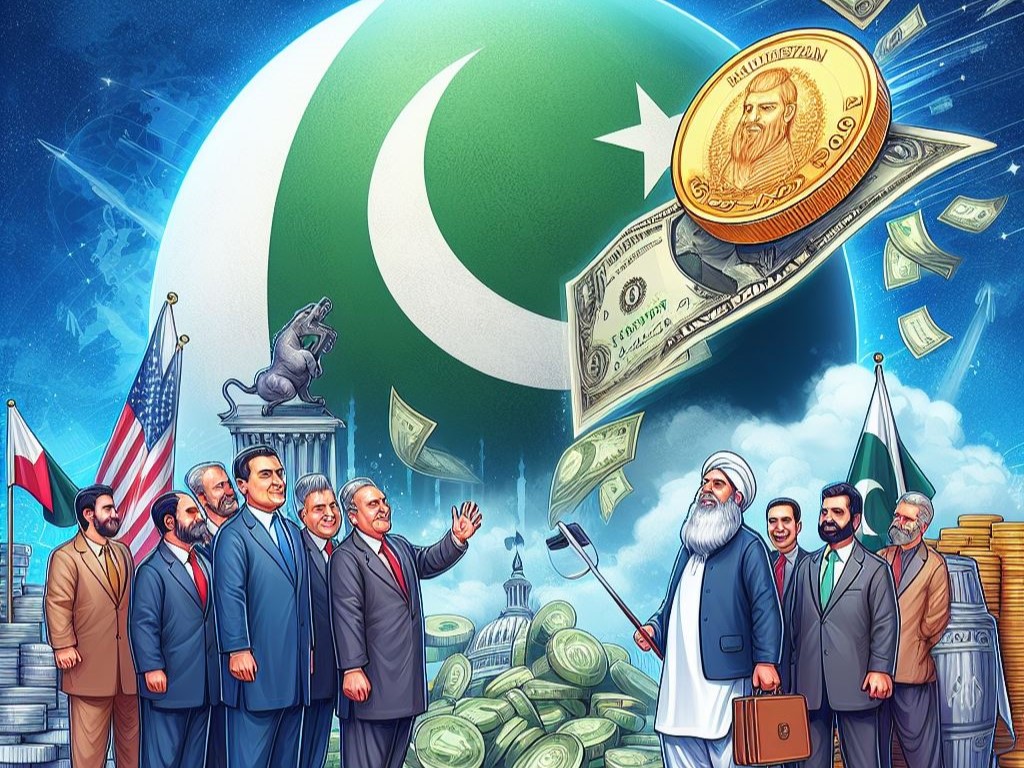Iran’s oil exports to China surged to the highest level in six years after joining the BRICS economic bloc, boosting the country’s economy by $35 billion.
The newest member of BRICS, China, has established a significant milestone, joining Iran in setting a major hydrocarbon record. Undoubtedly, Iran has witnessed a six-year peak in its hydrocarbon exports. Additionally, sales to its new BRICS ally, China, have substantially augmented those exports.
Reports indicate that the historic development has imparted the nation a substantial annual economic stimulus of $35 billion. In the first three months of 2024, Iran produced an average of 1.56 million barrels daily. The vast majority of these exports have been remitted to China.
Iran and China Reach a Significant Oil Export Milestone

The geopolitical landscape was significantly altered when the BRICS economic alliance invited six nations to expand. Five of these nations consented, becoming the initial countries admitted to the bloc since 2001. Saudi Arabia, Iran, Egypt, Ethiopia, and the United Arab Emirates were among these countries.
Already, at this moment, that expansion is justifying itself. Undoubtedly, amidst the sector’s BRICS hegemony, China and Iran have each established a significant oil production milestone. Oil exports from the latter have increased explicitly to a level not seen in six years, mainly attributable to heightened sales to China.
The export volume has peaked since the third quarter of 2018, demonstrating the evident advantage of the economic collective. In addition, crude production and exports have increased significantly over the past year despite the country’s ongoing sanctions issues.
With Saudi Arabia and the UAE’s accession to BRICS, Saudi Arabia’s oil sector supremacy became conspicuous. This is anticipated to persist, as the utilization of local currency settlement merely enhances the mutual advantages of the ongoing bilateral trade.
The advancements above will persistently fortify the global south. Their continued prominence and presence should further exacerbate the divisions in the worldwide economy. Nevertheless, greater weight should be attributed to the multipolar ideologies that the BRICS group universally embraces.


